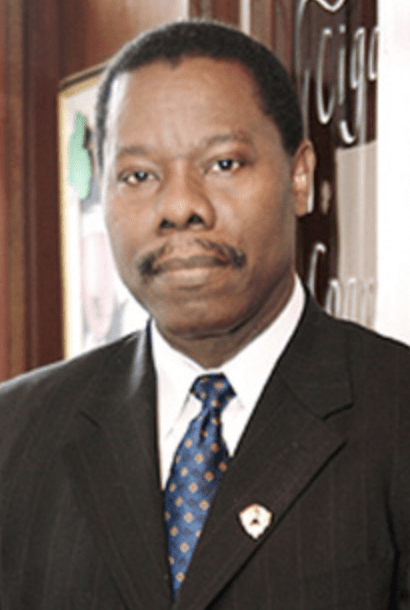By: Moro Salifu, MD, physician and chairman of the Department of Medicine at SUNY Downstate; Mathieu Eugene, NYC council member; and Carla Boutin-Foster, MD, associate dean, Office of Diversity Education And Research at SUNY Downstate
Over the past year, we have seen the devastating and disproportionate impact of COVID-19 on Black, Latinx, Native American and AAPI communities.
This year, 2021 brings with it the hope of saving lives, reopening schools, fully operating businesses, and reuniting physically with friends and family. However, we must be vigilant about increasing COVID-19 vaccine hesitancy and the alarming uptick in communities that are most severely impacted.
Vaccination is the only way that we can slow down this devastating pandemic.
Getting vaccinated remains the most effective way to substantially reduce the risk of being infected and dying from COVID-19. Despite the availability of highly effective vaccines against COVID-19, the rate of vaccination in communities of color remains relatively low.
In our own Brooklyn community, we have seen the damage that COVID-19 has caused to community members. Dr. Salifu, a physician and Chairman of the Department of Medicine at SUNY Downstate, personally witnessed the immense death toll and hospitalization rates at SUNY Downstate.
Councilmember Eugene has heard the concerns from members of his community about COVID-19 rates and now about the COVID-19 vaccine. Downstate has held community forums where community members shared their concerns.
There are many systemic and historical issues related to low vaccination rates including lack of access to medical care, the long and cumbersome process of online registration, lack of community located vaccine distribution centers, and longer driving/travel distances to vaccine centers.
A legacy of structural racism has contributed to distrust and misinformation about the COVID-19 vaccines. We must work collaboratively with our leaders to build stronger and trusting relationships between academic medical centers and our community.
We must all work together to motivate our friends, family and neighbors to get vaccinated. We have a moral obligation to help them find appointments, combat disinformation, and remind them what getting the vaccine really means: a chance to return to a sense of normalcy and protect the health and wellbeing of those around us.
As we continue forums to educate the community about the benefits of vaccination and encouraging people to be vaccinated, we must also pay attention not only to what is being said but also who is saying it.
It is important to engage in conversations with trusted individuals who can discuss concerns about side effects. There may be concerns about minor side effects such as injection site reaction or flu like symptoms which completely resolve. It is also important to develop messages that address rare side effects such as developing clots in the leg. Leveraging community leaders in these conversations reinforces the message that the benefit of taking the vaccine outweighs the risks of not taking it.
We need reliable information about the vaccine to come from people within the community, where there are existing, trusting relationships. People want to hear health information from people they can relate to; members of their own community, culture and customs. Engaging community leaders across race, ethnicity, and faith are key to disrupting distrust and misinformation within all communities, but it is especially important in communities of color.
Organizations and hospitals can ensure that trusted community leaders like doctors, priests, local business leaders, and organizers have received the vaccine and can speak to the community about the benefits of vaccination and can dispel vaccine myths and rumors.
SUNY Downstate has taken an active role in providing the community with evidenced-based information delivered by key leaders in the community. Our COVID-19 vaccine informational seminars have been central to our efforts to promote vaccine uptake. These informational seminars allow the community to interact with not only experts from their community but also one another. It is imperative that communities are given as many opportunities as possible to explore their concerns and their questions, and that they have as many points of access as possible to accurate information so they can feel confident about receiving the vaccine.
It is time for those who are the most impacted by COVID-19 to be centered in the conversation and in outreach efforts. We must partner with community leaders to uplift and spread educational and empowering messages that will motivate people to get vaccinated.




